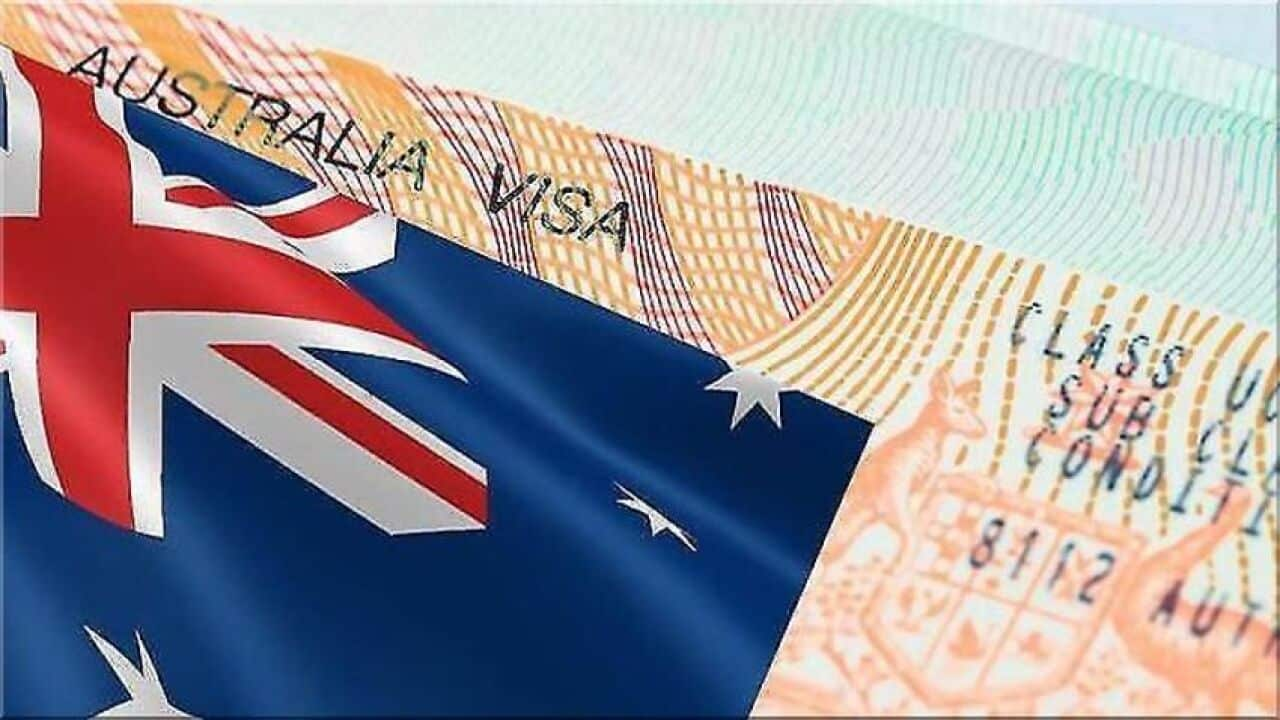Highlights
- 'Global Talent Independent program is the fastest way of getting permanent residency in Australia'
- Global Talent visa aims at attracting highly-skilled professionals to live and work in Australia permanently
- Processing times for the Global Talent visa varies from two days to two months
Nearly 4,000 applicants jumped administrative queues of the standard visa program to secure permanent residency through this high-priority pathway in the last financial year, despite the onset of the coronavirus pandemic that brought migration to a near halt and forced Australia's international borders shut.
Aimed to headhunt highly skilled technologists, the Global Talent Independent (GTI) scheme was launched in November last year to combat competition from other popular global destinations for skilled migrants – namely the US, UK and Canada.
How does the program work?
The pathway is aimed at attracting highly skilled migrants working in one of the seven designated ‘future-focused’ sectors: ag-tech, med-tech, space, fin-tech, energy and mining technology, cybersecurity, and data science.
To be eligible, the applicants must demonstrate the potential to earn a salary at or above the income threshold of $153,600 each year and have their application supported by a nominator of national reputation in the same field. Calling it the ‘fastest’ pathway for permanent residency in Australia, former senior Immigration Department official Abul Rizvi said this visa is unlike any other stream available in the system because of the “level of flexibility in the criteria.”
Calling it the ‘fastest’ pathway for permanent residency in Australia, former senior Immigration Department official Abul Rizvi said this visa is unlike any other stream available in the system because of the “level of flexibility in the criteria.”

The Global Talent Visa program is the fastest pathway for permanent residency in Australia. (representational image) Source: AAP
“The criteria of the visa are not included in the regulations, unlike any other visa. The bulk of the criteria in this visa are administrative in nature.
“It has no age criteria, so you can be of any age, it has no formal skills assessment so the only person doing the skills assessment is the immigration officer and the applicant does not have to undertake an English language test and most importantly the decisions are usually made within weeks,” he said.
Despite a sluggish start, the program delivered a total of 4,109 visas in a period of seven months, just 891 short of the government’s objective to grant 5,000 visas.
But most of these applicants were already onshore, with only 765 applying from outside of Australia, which Mr Rizvi claims “defeats the purpose of the scheme” to attract talent from around the world.
“There were recruitment officers who were sent around the world to drum up business for the GTI visas, but they didn’t get much business because if you look at the breakdown between onshore and offshore, over 80% of successful applicants were already in Australia,” he said. ‘Very-high threshold’
‘Very-high threshold’

GTI is aimed at attracting highly skilled migrants working in one of the seven designated ‘future-focused’ sectors. (Image for representation only). Source: AFP
Gold Coast-based migration agent Nicholas Yock who assisted a client to get a GTI approval last month said while the short processing times may sound lucrative to applicants who otherwise would have applied under the skilled stream, they must remember that the government has set a very high threshold for this stream.
“Its only people in select future-focused occupations that can apply for this visa, which leaves out a majority of occupations out there. Apart from that, I don’t think many applicants can meet the potential income threshold required to apply for this visa,” said Mr Yock.
To succeed in its objective of granting 5,000 visas under the scheme, the Department of Home Affairs sent recruitment officers to Berlin, Washington DC, Singapore, Shanghai, Santiago, Dubai and New Delhi.
Budget insight: What’s changing for GTI program?
Major changes to the migration program are on the horizon and Acting Immigration Minister Alan Tudge has hinted that the GTI program will be the centre of this pandemic-induced shake-up, slated to be announced as part the Budget process on Tuesday.
Rupert Grayston, the director of standards and accreditation services at the Australian Computer Society that provides nominations for GTI applicants in the information and communication technology (ICT) sector told SBS Punjabi that he expects the program to receive more development in the remainder of the financial year.
“One of the reasons we are trying to play a role in getting involved in this global talent scheme is that at ACS we see great potential for it, and we believe that the government is going to place a higher priority on the program.
“Even in its first and a highly disrupted year due to COVID-19, it has almost achieved its targets and we think that the ceiling which currently sits at 5,000 will be considerably lifted next year. We would expect a much higher level of allocation towards GTI applications in this upcoming round,” said Mr Grayston.
He added that the fledgling program is bound to get more attention from applicants around the world, including India which is a prime source of tech migrants for Australia.
“India is the largest source from our perspective for tech applicants for general skilled migration. For the GTI, it is a very universal program. We are certainly seeing candidates from India,” added Mr Grayston.
Disclaimer: This content is for general information purposes only, and should not be used as a substitute for consultation with professional advisors.
People in Australia must stay at least 1.5 metres away from others.
Testing for coronavirus is now widely available across Australia. If you are experiencing cold or flu symptoms, arrange a test by calling your doctor or contact the Coronavirus Health Information Hotline on 1800 020 080.
The federal government's coronavirus tracing app COVIDSafe is available for download from your phone's app store.
SBS is committed to informing Australia’s diverse communities about the latest COVID-19 developments. News and information is available in 63 languages at





